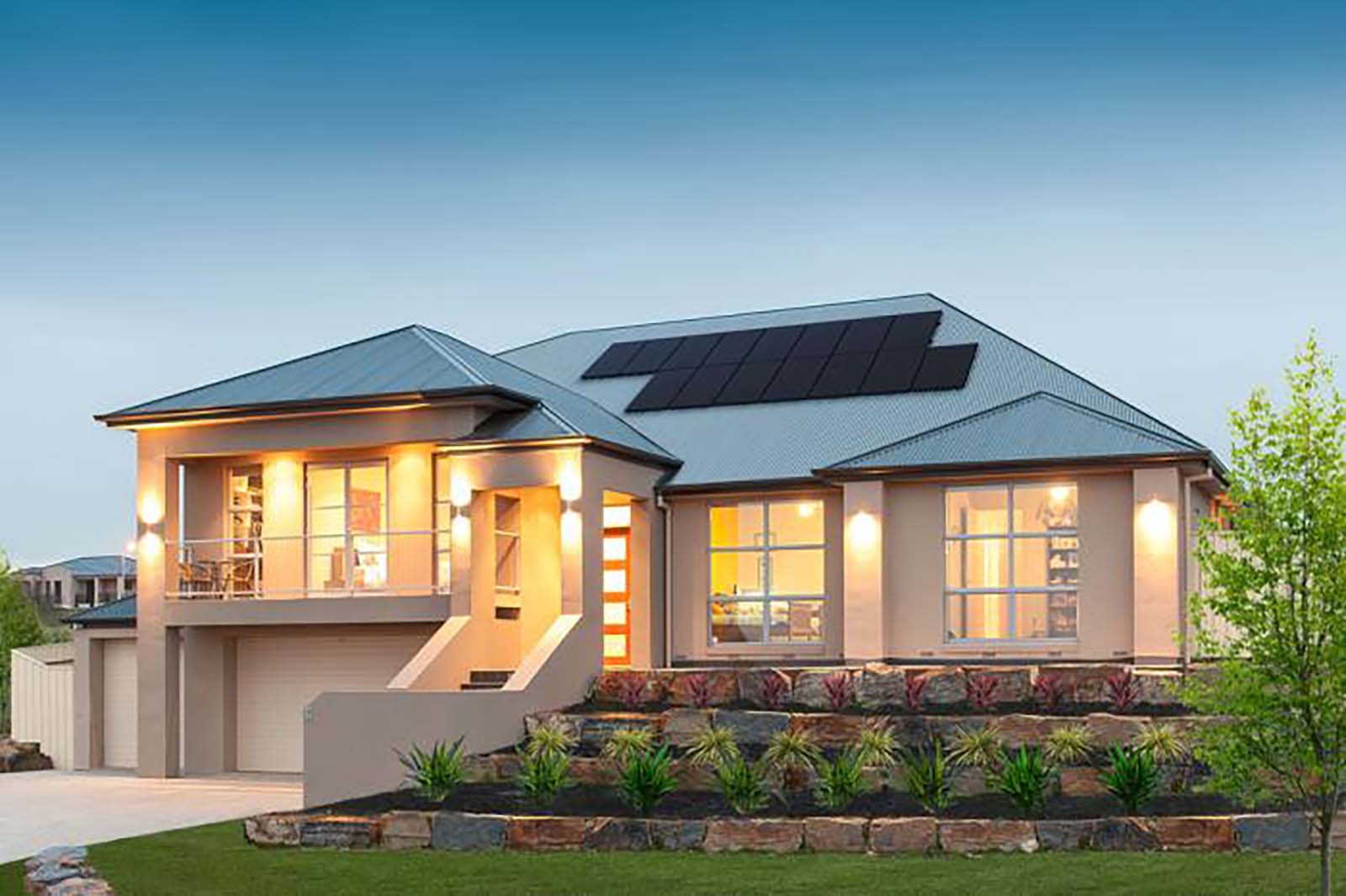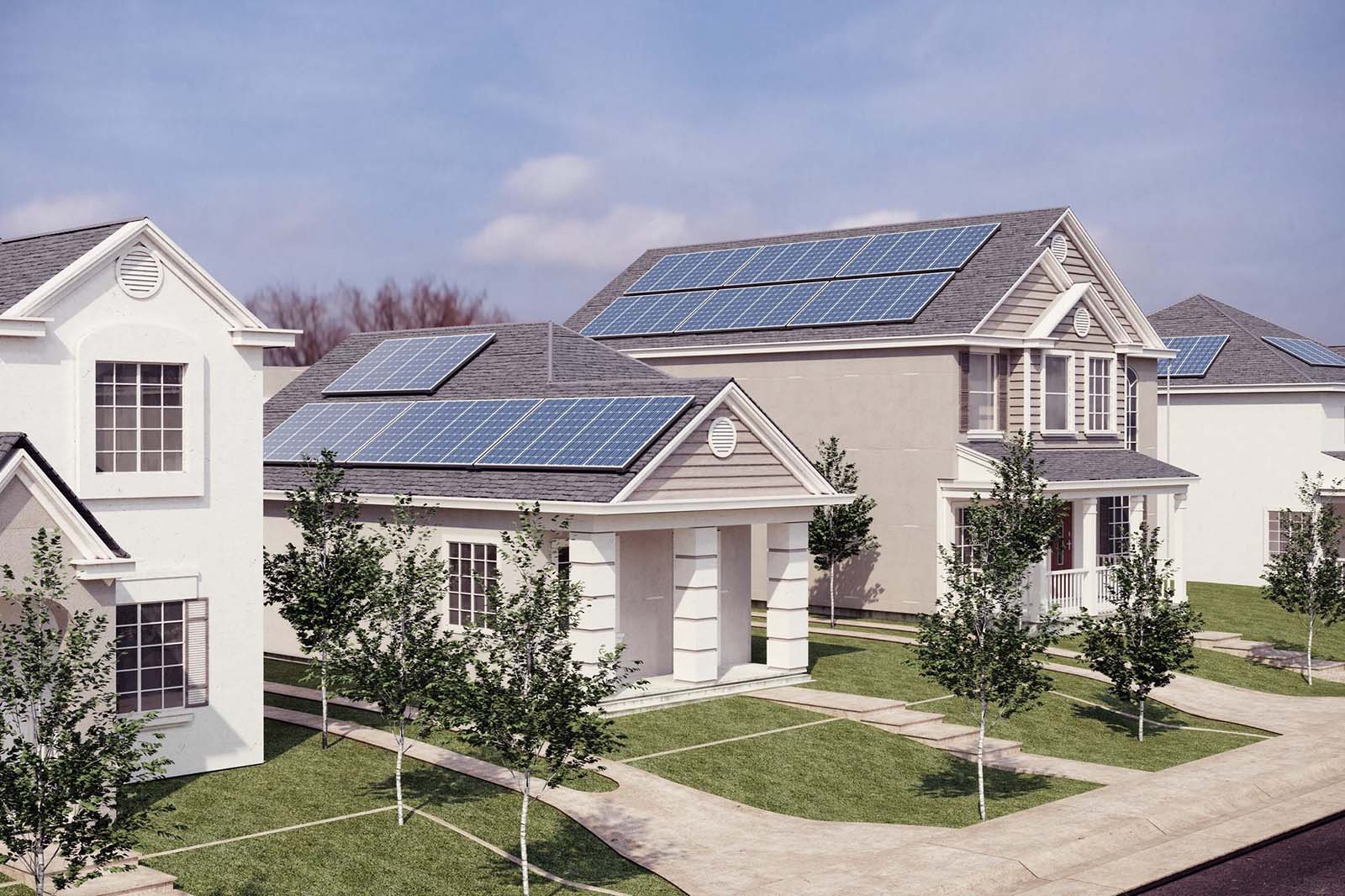Introduction
Solar power systems are becoming increasingly popular as a sustainable and renewable energy source. One of the key factors people consider when choosing a solar system is its energy production capacity, measured in watts. In this article, we will explore how many watts a 10kw solar system can produce.
Understanding Solar Power
Solar power systems harness the energy from the sun and convert it into electricity that can be used to power homes, businesses, and other structures. The amount of energy produced by a solar system is measured in kilowatts (kW) or watts (W).The Basics of a 10kW Solar System
A 10kW solar system consists of multiple solar panels that work together to generate electricity. The exact number of panels may vary depending on the manufacturer and the specific system design. On average, a 10kW solar system contains around 30-40 solar panels.Energy Production of a 10kW Solar System
The wattage output of a solar panel can vary depending on factors such as the location, weather conditions, and panel efficiency. On average, a single solar panel in a 10kW system can produce between 250-350 watts per hour under optimal conditions.
To determine the total wattage produced by a 10kW solar system, we need to consider the average wattage per panel and the number of panels.
Assuming each panel in the 10kW system produces 300 watts per hour, and there are 30 panels, the total wattage can be calculated as follows:
300 watts/panel × 30 panels = 9,000 watts or 9kW

Therefore, a 10kW solar system can typically produce around 9,000 watts per hour in optimal conditions.
Factors Affecting Energy Production
It is important to note that the energy production of a solar system can vary depending on several factors. Some of the key factors that can affect energy production include:1. Sunlight Availability: The amount of sunlight available in a specific location can impact the energy production of a solar system. Areas with more sunlight throughout the year tend to generate more electricity.
2. Weather Conditions: Cloudy or rainy weather can reduce the amount of sunlight reaching the solar panels, which in turn affects the energy production.
3. Panel Efficiency: The efficiency of the solar panels themselves can also impact energy production. Higher efficiency panels can generate more electricity from the same amount of sunlight.

